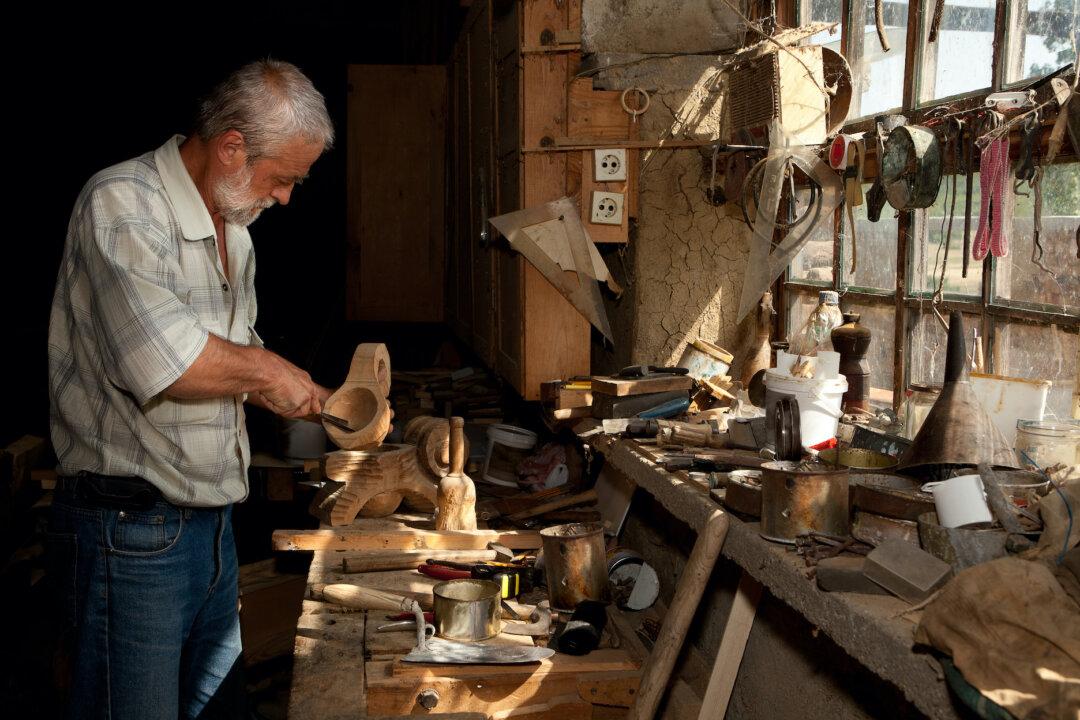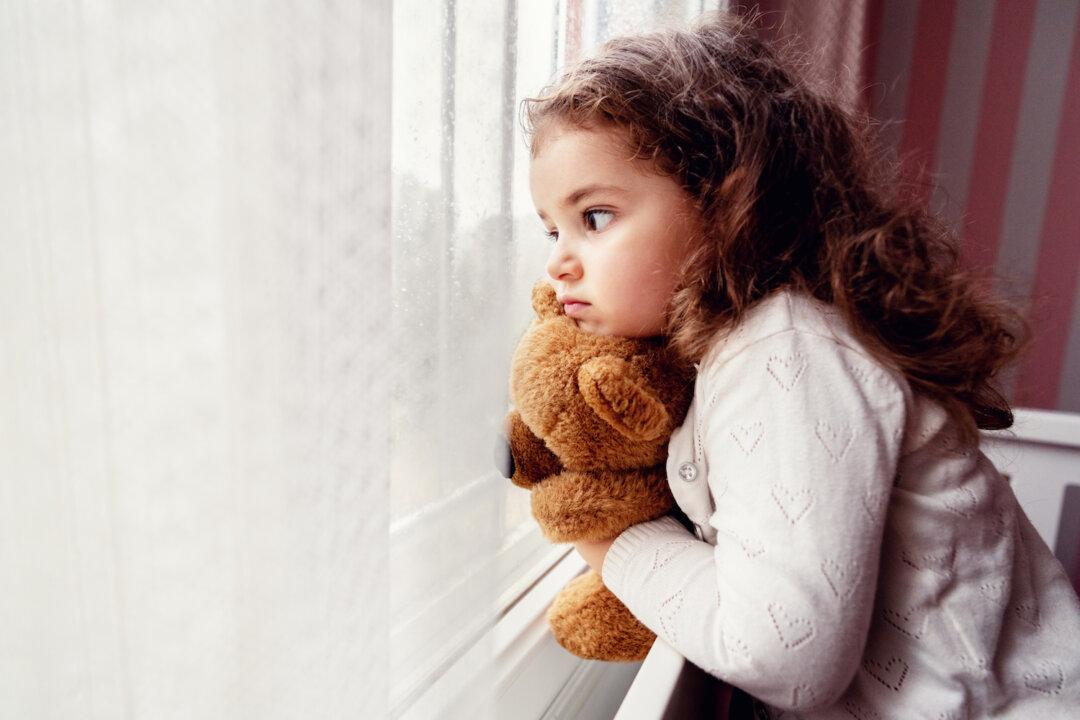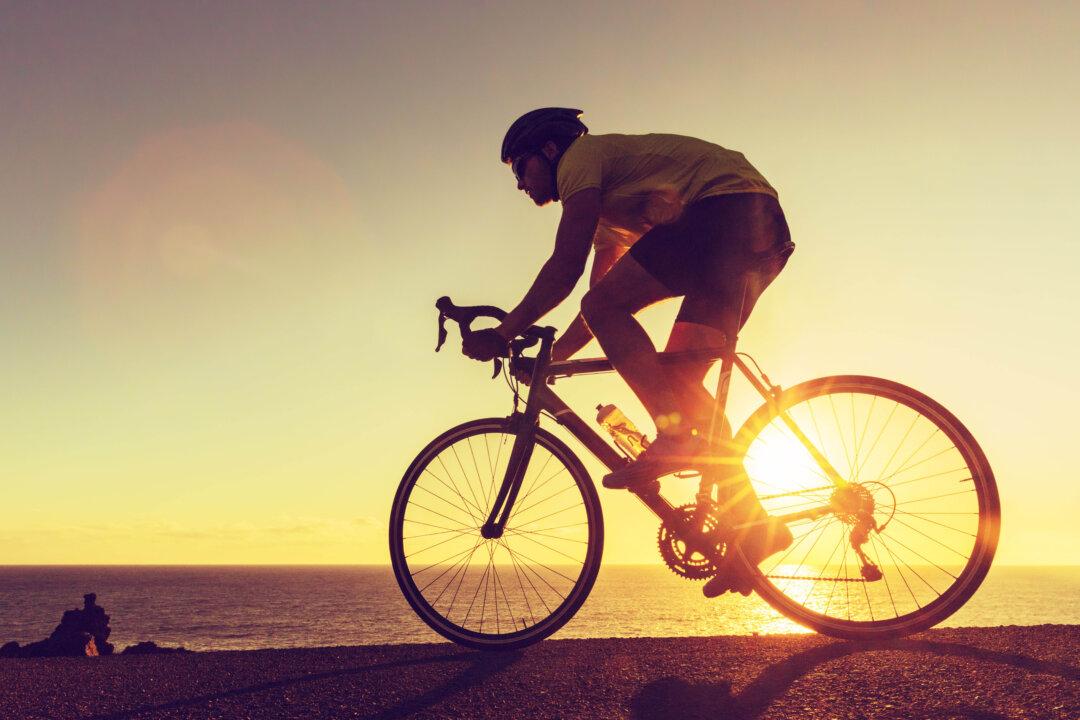Many people feel empty, exhausted, and worn out from life. They just don’t have the energy they need to do the things life is throwing at them. This listlessness is fairly common.
Research published in the journal Medical Hypotheses in 2018 found that a persistent lack of energy affects between 20 and 45 percent of Americans. According to a 2021 study in the Journal of the American Geriatric Society, lack of energy is a problem older adults frequently experience.






